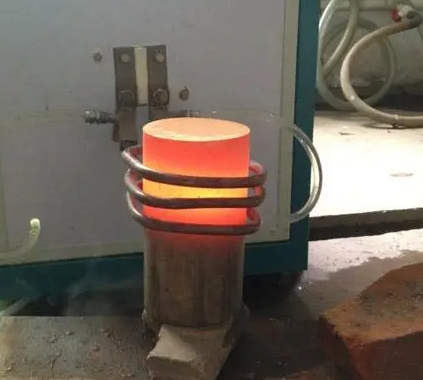- 09
- Sep
The main purpose of quenching and tempering
The main purpose of quenching and tempering
To reduce internal stress and brittleness, quenched parts have great stress and brittleness. If they are not tempered in time, they will often deform or even crack. Adjust the mechanical properties of the workpiece. After the workpiece is quenched, it has high hardness and brittleness. In order to meet the different performance requirements of various workpieces, it can be adjusted by tempering, hardness, strength, plasticity and toughness. Stable workpiece size. The metallographic structure can be stabilized by tempering to ensure that no deformation will occur in the subsequent use process. Improve the cutting performance of some alloy steels.

